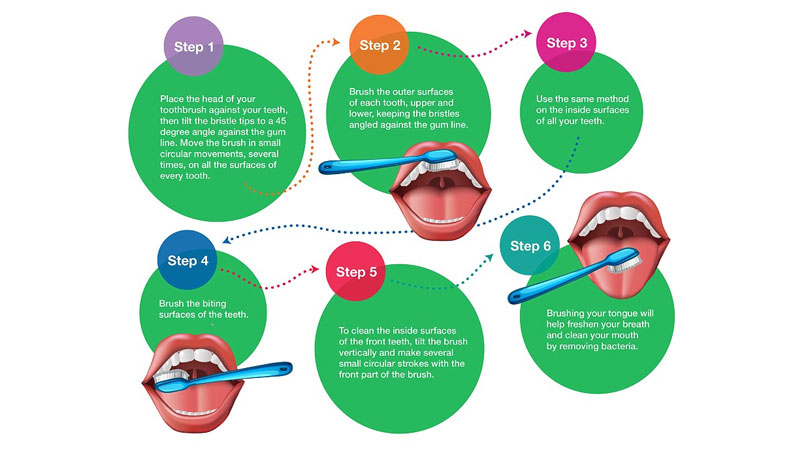By Dr. Chaitali Parekh ● March 29, 2025

Cavities are a widespread dental issue affecting people of all ages. While many believe sugar is the primary cause, several other surprising factors contribute to tooth decay. The experts at The Smile Spa have identified these hidden causes, helping patients understand how lifestyle choices and daily habits impact oral health. Read on to uncover the lesser-known reasons behind cavity filling and discover practical tips to keep your teeth healthy.
Did you know that having a dry mouth increases your risk of cavities? Saliva plays an essential role in maintaining oral hygiene by neutralizing acids, washing away food particles, and remineralizing teeth. When saliva production is insufficient, harmful bacteria thrive, leading to plaque accumulation and tooth decay.
While sugar is commonly blamed for cavities, acidic foods and drinks are equally damaging. These substances weaken enamel, making teeth more susceptible to decay.
Enamel is the hardest substance in the human body, but it can weaken over time due to genetics, diet, and poor oral hygiene. When enamel wears down, it exposes the softer layers beneath, making teeth more prone to cavities.
Brushing your teeth is essential, but if done incorrectly, it can leave plaque behind, contributing to cavities. Many people either brush too harshly, use an ineffective technique, or fail to clean all areas of the mouth.
Your mouth is home to both beneficial and harmful bacteria. When the balance shifts in favor of harmful bacteria due to poor oral hygiene or diet, plaque and cavities develop.
Bruxism, or unconscious teeth grinding, often occurs during sleep and can contribute to cavity formation. Constant grinding wears down enamel, leaving teeth exposed to bacteria.
Unlike enamel-covered surfaces, tooth roots are more susceptible to cavities. Additionally, old dental work, such as fillings, may weaken over time, creating gaps where bacteria can enter.
If you're experiencing signs of cavities or need a cavity filling, The Smile Spa offers expert care tailored to your needs. From front tooth filling to temporary dental filling, our dentist provides comprehensive solutions to maintain your smile.
Don't wait until cavities cause serious damage. Whether you need a tooth filling, preventive
care, or a consultation, The Smile Spa is here to
help. Visit our dentist in Juhu in Vile
Parle West today and take the first step toward a healthier, cavity-free smile.
By following these expert recommendations, you can significantly reduce your risk
of cavities and improve your overall dental health. Prioritize prevention today for a
brighter, healthier smile tomorrow!
Dry mouth reduces saliva production, which is essential for neutralizing acids, washing away food particles, and remineralizing teeth. Without enough saliva, bacteria thrive, leading to plaque buildup and tooth decay.
Yes, acidic foods and drinks weaken enamel, making teeth more vulnerable to decay. Citrus fruits, carbonated drinks, and vinegar-based foods are common culprits.
Enamel weakens due to genetics, diet, and poor oral hygiene. Once it erodes, it cannot regenerate, making teeth more prone to cavities and sensitivity.
Yes, brushing too hard, not brushing for at least two minutes, or missing hard-to-reach areas can leave plaque behind, leading to tooth decay.
Harmful bacteria produce acids that break down enamel and cause plaque buildup. If not controlled, they can lead to cavities and gum disease.

Queen's Lawn Co-operative Housing Society, Shop No 8, Swami Vivekananda Rd, opp. Sony
Mony, Vile Parle West,
Mumbai, Maharashtra 400056.
All Rights Reserved By The Smile Spa
